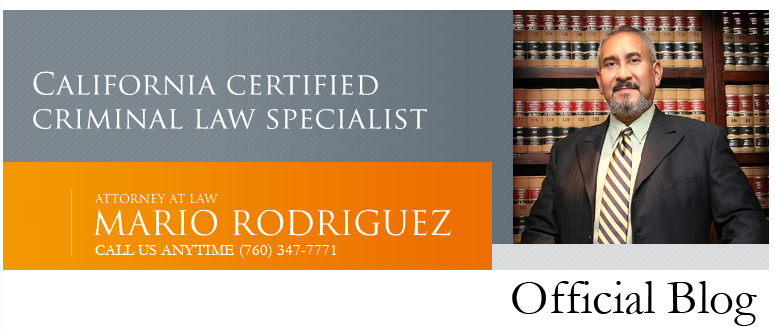WRONGFUL CONVICTIONS.
Since DNA evidence became an accepted method of establishing presence at a crime scene, there have been over 250 post-conviction exonerations of serious crimes using DNA, almost 20 were death penalty convictions.
The question is, how well does our criminal justice system work to avoid wrongful convictions?
There is no doubt that there are bad people out there that need to be apprehended, prosecuted, and sent to jail for a long time. But are we sure we always get the right person?
Without a doubt, there are sincere and competent efforts by law enforcement, attorneys, jailers, and analysts, who all do difficult work in order to keep us safe. But the 5th Amendment to the Constitution promises that no one be deprived of life, liberty, or property without due process of law. Due process is apparently not an easy target.
DNA is present in only 5-10% of cases, and even then it can be lost or destroyed. But other methods commonly used for convictions, things taken for granted as proof, are often flawed.
Eyewitness identification is an example, the greatest cause of wrongful convictions. Important social science research shows that the human mind does not work like a tape recorder, that memories can be easily contaminated. Various factors can change a person's recollection including stress, the pressure to make an identification, and even the way suspects or photos are
lined up.
Other evidence can be wrong as well. Some forensic techniques have never been given the same rigorous scientific evaluation as DNA testing, and some that are accurate can be improperly conducted or stated in such a way that they appear more precise than they actually are. Also, 25% of those exonerated by DNA gave a false confession. Why? Duress, intoxication, and mental impairment are some of the reasons. And there can be misconduct when evidence is withheld, is handled, or lost, when there is coercion, and when unreliable jail house snitches testify in exchange for some incentive. Court appointed defense attorneys are overworked.
Some within the system call for reform. Nationwide, recommended reforms are proving to increase the accuracy of the system. Reforms include procedures used in line-ups, the recording of interrogations, laws providing prisoner access to DNA evidence and the preservation of evidence, and national forensic oversight.
It is time we examine our system to do the best we can to avoid wrongful convictions. People assume it can never happen to them or a loved one, until it does.
Tuesday, February 16, 2010
Subscribe to:
Post Comments (Atom)

No comments:
Post a Comment